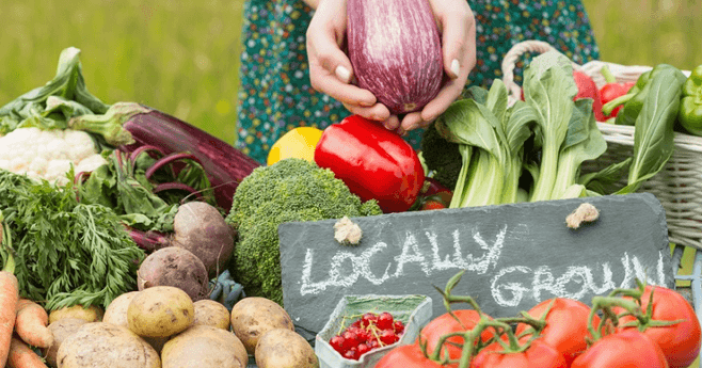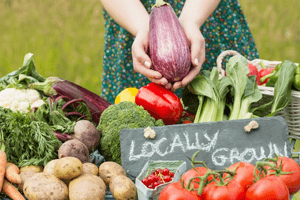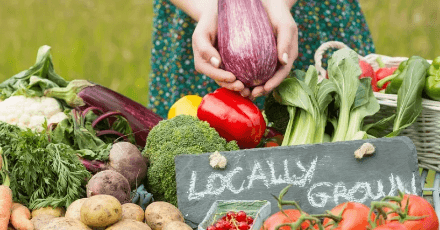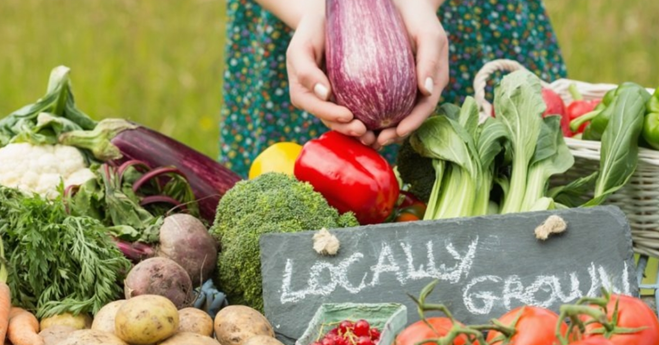A person’s diet plays a significant role in their health; as the saying goes, “you are what you eat.” Today’s fast-paced lifestyle has made the presence of processed foods in our diet quite pervasive. Some people may not even consider the food production processes that go into making the items that end up in their grocery bags. This is unfortunate as many processed foods are actually unhealthy and have been manufactured unsustainably.
The beef used in hamburgers, for instance, is commonly treated with antibiotics, which can lead to antibiotic resistance in humans. In 2013, the US Centers for Disease Control and Prevention (CDC) announced that 23,000 Americans die of antibiotic-resistant infections every year. According to a report by the Worldwatch Institute, animal agriculture contributes up to 51% of global greenhouse gas (GHG) emissions, and more than 2,400 gallons of water are needed to produce 1 pound of beef.
Foods like potato chips are high in salt and cholesterol, which can trigger heart disease, stroke, diabetes and cancer. Most potatoes are not grown sustainably, with the soil being heavily treated with pesticides. Further, potato chips are usually packaged with a multi-layer material consisting of thermoplastics, resins, and aluminum, which is non-biodegradable and non-recyclable.
Sustainable consumption and production in food and agriculture involves an integrated implementation of sustainable patterns of food consumption and production, and respecting the carrying capacities of natural ecosystems. It also considers the life cycle of a product, from production to consumption. Especially salient in the case of food and beverage companies is the related concept of “human sustainability,” which is about preserving and improving the quality of human life. Food and beverages are directly consumed by customers and have immediate impact on the public’s wellbeing. A truly sustainable framework on food production considers the product’s impact on both the environment that supplies raw materials and the health of the end-users.
Many companies have begun to engage in sustainable food production. These businesses produce healthy food while engaging in sustainable business measures, as well as community and environmental programs. Nature’s Path, for example, produces organic food through sustainable farming methods. According to their Sustainability Report 2012, the company diverted 92% of their waste from landfills. Nature’s Path also launched some of their products in smaller boxes to reduce their paper usage, and their use of electricity and CO2 per product shipped has decreased.
Companies like Nature’s Path play a critical role in sustainable food production, leaving the earth in better condition for generations to come. Demand from consumers and stakeholders for sustainable practices has put pressure on bigger multinational companies to re-examine and improve their own approach to sustainability.
PepsiCo’s Sustainability Report 2014 details the company’s approach toward sustainable food production. Facing backlash for contributing to rising obesity rates, PepsiCo set a 2020 goal for their food and beverages to reduce the average amount of sodium per serving in selected food brands, as well as added sugars and saturated fats. PepsiCo is also a member of the Roundtable on Sustainable Palm Oil (RSPO), although they have been targeted by environmental groups like Rainforest Action Network, who have criticized them for not doing enough to mitigate the negative impacts of palm oil.
Nestlé has made strides in their sustainable food production initiatives, due largely in response to controversies in the 1990s, wherein the company was heavily criticized for unethically promoting and selling infant formula in developing countries. Critics also pointed out that Nestlé’s bottled water business is wasteful and pollutes local water sources. To answer these calls, Nestlé improved their children’s food products to meet the Nestle Nutritional Foundation criteria for children, and now participates in GHG emissions reduction initiatives. In 2015, the company committed to reduce direct GHG emissions per ton of product by 35% using their 2005 baseline.
With a growing demand for sustainable food production and companies adopting different strategies, there has been a huge proliferation in “green” certifications, labels and marketing. However, there is little regulation and a company can even create their own label with enticing branding but no teeth behind it. For example, many companies use “natural” in marketing – a positive-sounding term with really no meaning. Although many certification schemes are credible – like USDA Organic or FairTrade – it’s extremely difficult for consumers to make informed, responsible buying decisions on the issues that matter to them.
ADEC Innovations (ADEC) is a leading provider of sustainability services, delivering fully-integrated industry expertise, software and data management solutions. To stay current on global sustainability trends and to learn more about our perspective, subscribe to GreenWatch.





